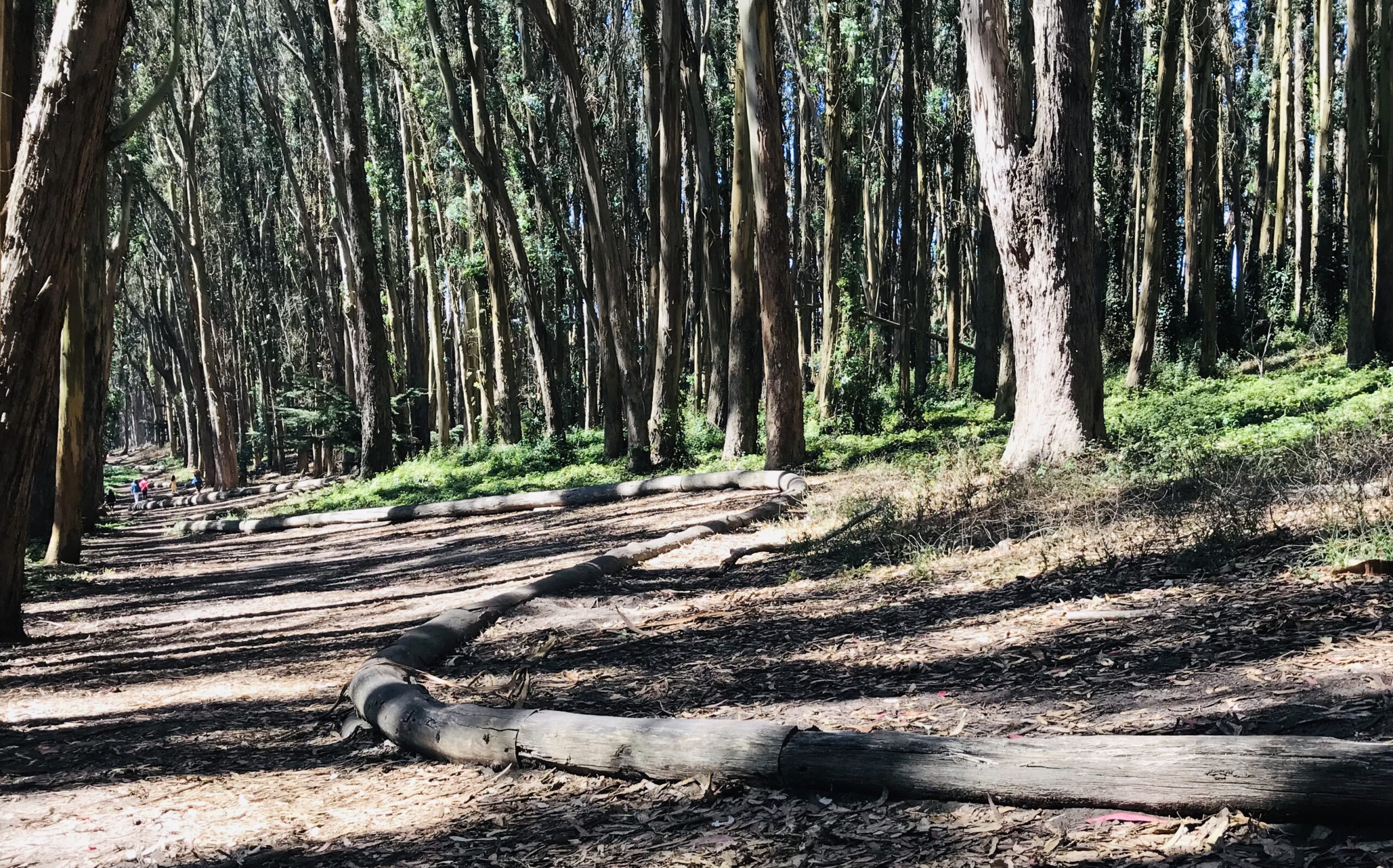I’m rereading one of my favorite books right now: Gordon MacKenzie’s, Orbiting the Giant Hairball: A Corporate Fool’s Guide to Surviving with Grace. As Mackenzie describes it:
Orbiting is responsible creativity: vigorously exploring and operating beyond the Hairball of the corporate mind set, beyond “accepted models, patterns, or standards” – all the while remaining connected to the spirit of the corporate mission.
To find orbit around a corporate Hairball is to find a place of balance where you benefit from the physical, intellectual and philosophical resources of the organization without becoming entombed in the bureaucracy of the organization.
Orbiting is nothing short of a manifesto for how to save our organizations from themselves by inspiring individuals to “counteract the pull of Corporate Gravity.” It is a call for the productive disruption of the status quo.
When I led the leadership development initiatives for TaylorMade Golf Company the centerpiece of our program was professional coaching. We established and trained a cadre of internal coaches to support the continuing development – the continuous learning – of the company’s leadership team.
Our focus was on offering highly personalized leadership development in the context of the system in which we were all operating but in such a way that we – coaches and clients alike – could learn to orbit the status quo of the TaylorMade hairball and productively challenge it from falling too much in love with it’s past successes.
We rationalized that through powerful coaching relationships our leaders would discover the ways in which they were stuck in the hairball and devise strategies for how to escape it. We wanted to help them confront the tendency to fit in when what the organization most needed was a leadership group also capable of effectively standing out.
The organization was winning in the marketplace. It had devised a formula that overwhelmed the industry and was able to replicate it through some impressive consistency and a better than average portion of good luck. And as the whispers in the hallways began to increase it was increasingly evident that fewer and fewer people believed it would last. The hairball grew bigger, making it more and more obvious – and less and less likely – that we needed to rally ourselves to some new thinking to counteract the inevitable decline of a once vaunted approach.
Coaching existed to help unlock all of that nascent thinking. But the organization – despite many outward expressions to the contrary – was neither ready nor willing to cultivate it into future capability. As a result, coaching became less about supporting leaders in getting out of the hairball and into productive orbit and more about helping leaders deal with the realities of the hairball as well as they could. It served a useful purpose but not the one it was designed to serve and certainly not the one necessary to ensure it’s future viability.
At a minimum this is a cautionary tale. Organizational leaders need to open their eyes to the limiting realities of the status quo and make sure that the efforts they make to counteract it are born out of an authentic commitment to change rather than the false pretense of feel-good initiatives.
At a maximum we need leaders who will wake up to the truth that the world is changing faster than ever and that desperate attempts to hang onto the past will only exacerbate the pain of the present. We need leaders who believe and proclaim, once and for all, that their very existence is predicated on their personal responsibility to preserve, protect and defend the productive disruption necessary for real and responsible change.
DAVID BERRY is the founder of RULE13 Learning. He speaks and writes about the complexity of leading in a changing world, especially the parts where he doesn’t handle it very well. If you enjoyed this post someone else might, too. Please pass it along.




